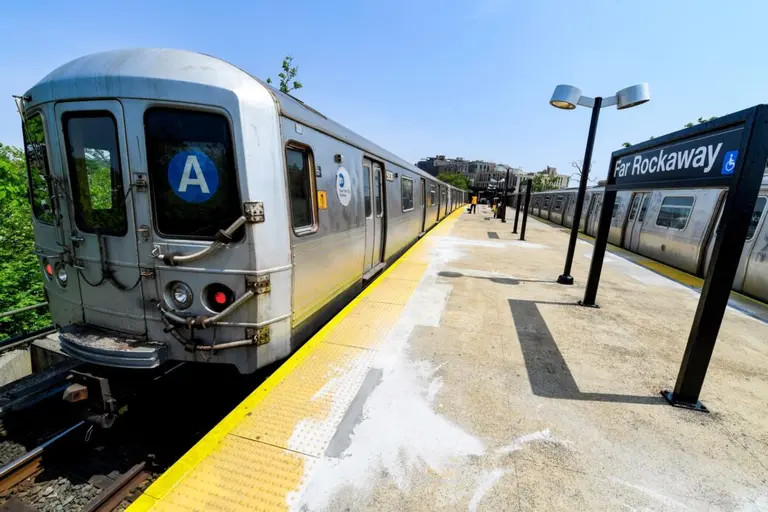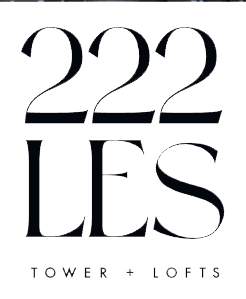‘City of Yes’ gets key Council approval after $5B deal reached

Credit: Tommy Kwak on Unsplash
The City Council moved Mayor Eric Adams’ “City of Yes” housing proposal forward on Thursday after securing $5 billion in funding and making several changes to the original plan. The Council’s zoning subcommittee and land use committee voted in favor of the text amendment with modifications to keep some parking requirements and restrict accessory dwelling units (ADUs) in some neighborhoods. The latest version keeps the mayor’s plan largely intact but will reduce the number of projected new homes from 109,000 over the next 15 years to 80,000.
City of Yes marks the most substantial housing proposal in New York City’s history, with citywide zoning reforms projected to produce more housing than any initiatives led during Bill de Blasio’s eight-year administration or Michael Bloomberg’s 12-year administration.
Adams has committed $1 billion to housing developments, $2 billion to infrastructure projects such as sewers, flood prevention, street improvements, and open spaces, and $1 billion in expense funding over the next decade for tenant protections.
Gov. Kathy Hochul has pledged $1 billion in state funding for housing capital over the next five years.
The City Planning Commission (CPC) will review the changes and pass the plan on to the Council for a final vote next month.
“Thanks to our shared commitment in building critically-needed housing, we have reached an agreement on a historic plan that could open the doors to a little more housing in every neighborhood in our city — with no borough, block, or backyard left behind,” Adams said in a statement.
“If passed, New York City will, once again, serve as a model to the nation on government’s infinite ability to take challenges head-on, set forth a bold agenda, and get the job done. To my partners in the City Council, let’s say ‘yes’ to City of Yes.”
Instead of eliminating parking mandates in new developments citywide, the amended plan introduces a three-zone system that will either eliminate, scale back, or maintain parking requirements based on the development’s location.
In Zone 1, which includes most of Manhattan and parts of western Brooklyn and Queens, parking mandates will be eliminated. In Zone 2, spanning areas of central Queens, the Bronx, and Brooklyn, parking mandates will be scaled back. Finally, in Zone 3, the parking mandates will remain unchanged.
The plan’s proposal to eliminate the parking mandate citywide was struck down, despite concerns from developers who argued that the cost of adding parking—much of which requires underground garages—makes projects financially unfeasible and often results in higher rent prices.
Sara Lind, co-executive director of Open Plans, criticized the Council for not fully lifting the parking mandate, but acknowledged the plan as an “incremental victory.”
“While cities across the country are fully lifting parking mandates, the New York City Council chose to be less bold,” Lind said. “This version of City of Yes is certainly a historic shift for New York’s zoning code; the Land Use Committee has designated the largest parking mandate-free district in the country and significantly lowered the number of required parking spots in areas where mandates still exist, which will help create much more urgently needed housing.”
Lind continued: “That said, this was a once-in-a-generation chance and we believe far too many New Yorkers still live in car dependence and transit deserts that are caused in part by parking mandates.”
Additionally, a previous proposal that would have allowed three-to-five-story apartment buildings near transit in the outer boroughs has been modified to exclude single-family districts and further restricted for sites near end-of-the-line Metro-North and Long Island Rail Road stations, reducing the radius from half a mile to a quarter mile, according to Crain’s.
These changes work against the plan’s original intention of “adding a little housing in every neighborhood.” However, the policy still represents the most substantial changes to the city’s zoning code since it was established in 1961, and helps address the city’s dire housing shortage.
Other key elements, including the acceleration of office-to-residential conversions and a density bonus for affordable housing, have remained untouched following the Council’s vote.
“In a momentous win for housing, the City of Yes for Housing Opportunity is moving forward in the City Council, bringing us closer than ever to substantively addressing our housing crisis,” Rachel Fee, executive director of the New York Housing Conference, said. “The impact that new homes for 80,000 households will have on New Yorkers in every borough cannot be overstated.”
Earlier this month, the Council released a housing plan as a counter-proposal to Adams’ “City of Yes” plan. Dubbed “City of All,” the plan pairs the zoning changes of the mayor’s proposal with several measures and funding demands to ensure affordability for renters and homeowners.
In September, the CPC voted 10 to 3 to approve “City of Yes,” clearing the first hurdle of the approval process.
RELATED:




























